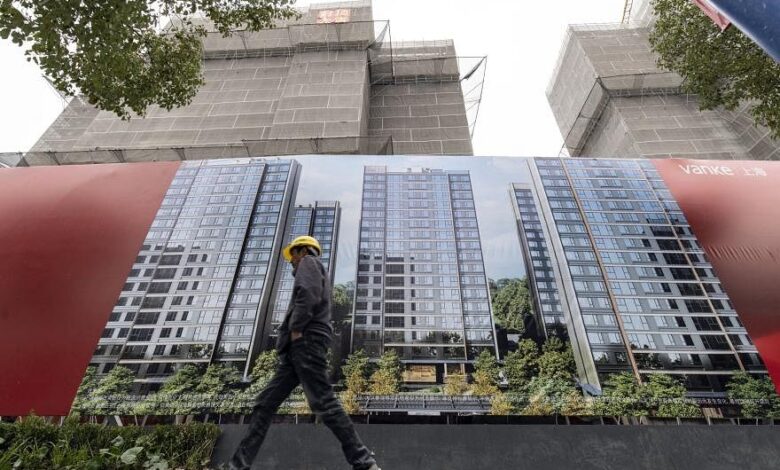China’s industrial upswing is the latest sign of economic recovery, Global Enterprise

CHINA’S manufacturing activity rebounded in March, snapping a five-month decline and adding to evidence that the country’s industrial sector is building momentum for an economic recovery.
The official manufacturing purchasing managers’ index (PMI) expanded to 50.8, the highest reading in a year, the National Bureau of Statistics said in a statement on Sunday (Mar 31).
This comes as a boost for policymakers seeking to restore confidence in the world’s second-biggest economy, and follows the fastest industrial output in two years for January and February, and an increase in exports for the two-month period.
“The industrial sector seems to be resilient, partly helped by strong exports,” said Zhang Zhiwei, chief economist at Pinpoint Asset Management. “If fiscal spending rises and exports remain strong, the economic momentum may improve.”
The latest figures show the country’s industrial engine room may be the driver to help the government achieve its annual growth target of around 5 per cent this year, even as Beijing faces multiple other challenges, including a property market crisis, sagging consumer confidence and geopolitical tensions.
A gauge of non-manufacturing activity climbed to 53 in March, compared with an estimate of 51.5. A reading above 50 suggests an expansion from the previous month, while a figure below that denotes contraction.
The non-manufacturing PMI also shows “companies have relatively strong confidence and expectations for future business”, said Bruce Pang, chief economist for Greater China at Jones Lang LaSalle.
Rekindled hopes
Exports in the January-to-February period had rekindled hopes of a broader economic recovery, jumping 7.1 per cent from a year earlier. Weak demand from major economic partners, and mounting sanctions and restrictions on its products, had seen China’s trade suffer in the last year.
The once-key pillar of the economy is now facing a “bewildering” level of trade curbs, Foreign Minister Wang Yi said last month.
China has tried to boost domestic spending and pledged to provide government funds to encourage consumers and businesses to replace old goods, including cars, home appliances and other equipment, which should be a boon for industrial firms. However, it has yet to unveil details such as the value of the fiscal aid.
Consumer prices rose in February for the first time in five months, while the urban jobless rate increased to 5.3 per cent from 5.1 per cent as at December, reflecting a gloomy labour market that is weighing on domestic demand.
The property sector remained a major drag on the economy, with investment falling 9 per cent and housing sales plunging 33 per cent by value in the January-to-February period from a year earlier.
China Vanke, at one time the country’s largest listed developer, said net profit tumbled 46 per cent last year, the biggest drop since its 1991 listing. Country Garden Holdings, once the nation’s top residential builder by sales, announced last month that it will miss a deadline for reporting annual results, saying it needs more information.
The former property giants’ woes offer a glimpse into the sector’s worst earnings season ever as the real estate slump enters a fourth year, eroding the balance sheets of the largest state banks as bad loans increase.
The Chinese government has increased efforts to attract foreign investors.
President Xi Jinping last week told a group of US business leaders in Beijing that the country’s economy still has room to grow, according to a person with knowledge of the matter, who asked not to be identified.
Xi met with Blackstone’s Stephen Schwarzman, Qualcomm’s Cristiano Amon and other representatives from US business, strategic and academic communities. He acknowledged that there were issues with the domestic economy, but said officials can handle them, the person said, describing the talks as open and frank. BLOOMBERG






